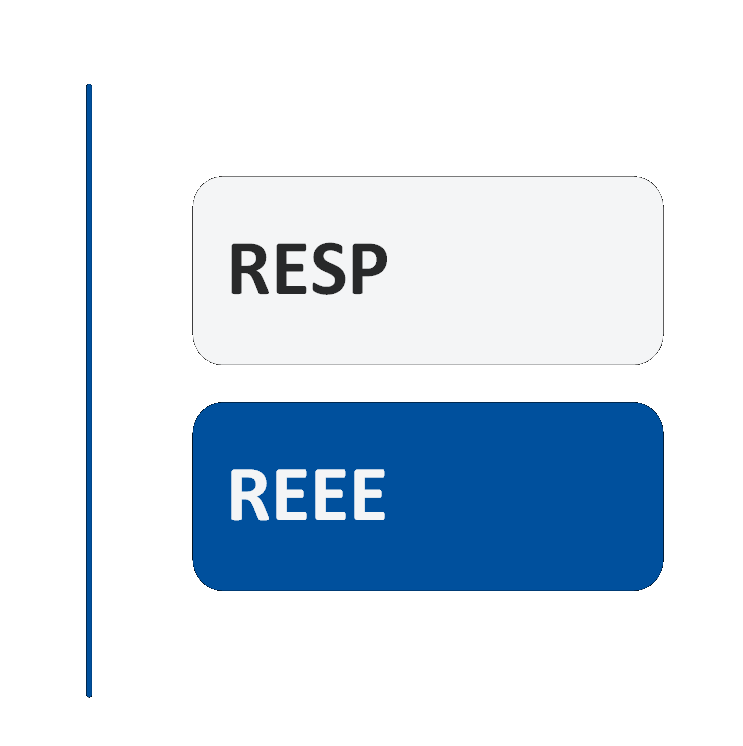Non-Residents & RESPs
If an RESP subscriber or beneficiary is (or will become) a non-resident, there may be some Canadian tax consequences, as well as tax consequences in the foreign jurisdiction.
Note: Tax advice should be obtained in the foreign jurisdiction.
A non-resident can set up and contribute to an RESP; however, the subscriber must have a Canadian SIN when opening an RESP.
A return of contributions may be made to a non-resident subscriber with no Canadian tax consequences. However, AIPs cannot be made to a non-resident.
A beneficiary must be a resident in Canada when designated as a beneficiary and when contributions are made on the beneficiary’s behalf. Non-residents do not accumulate CESG room.
Beneficiaries who are non-residents when they start their post-secondary education are eligible to receive EAPs, but when paid to a non-resident, EAPs cannot include accumulated grants or incentives. When EAPs are made to a non-resident, a repayment of government grants will be made to the applicable federal or provincial government.
EAPs paid to non-residents are subject to 25% Canadian withholding tax (may be reduced by a treaty), unless the payments are otherwise subject to regular Canadian income tax.
Note: A beneficiary can be a student at a foreign educational institution and still be considered a Canadian resident in some cases.
RESPs may not be desirable if the subscriber is a Canadian resident who is a U.S. citizen or a U.S. green card holder who files U.S. resident tax returns. The main concern is that the taxation of income earned in an RESP is deferred for U.S. tax purposes.
While a non-resident can continue to be a subscriber of a Canadian RESP and the funds in the plan will be exempt from Canadian tax, under U.S. tax rules, the annual income earned, as well as any grant and incentive money received in the year, is considered taxable income to the subscriber. Because there is no Canadian tax payable on the RESP, there is no offsetting foreign tax credit.
Additionally, when the beneficiary draws on the RESP for post-secondary education, the accumulated income, grants, and bonds are taxed to the student, resulting in double taxation. This can be avoided by having a Canadian resident who is not required to file a U.S. tax return as the RESP subscriber.
